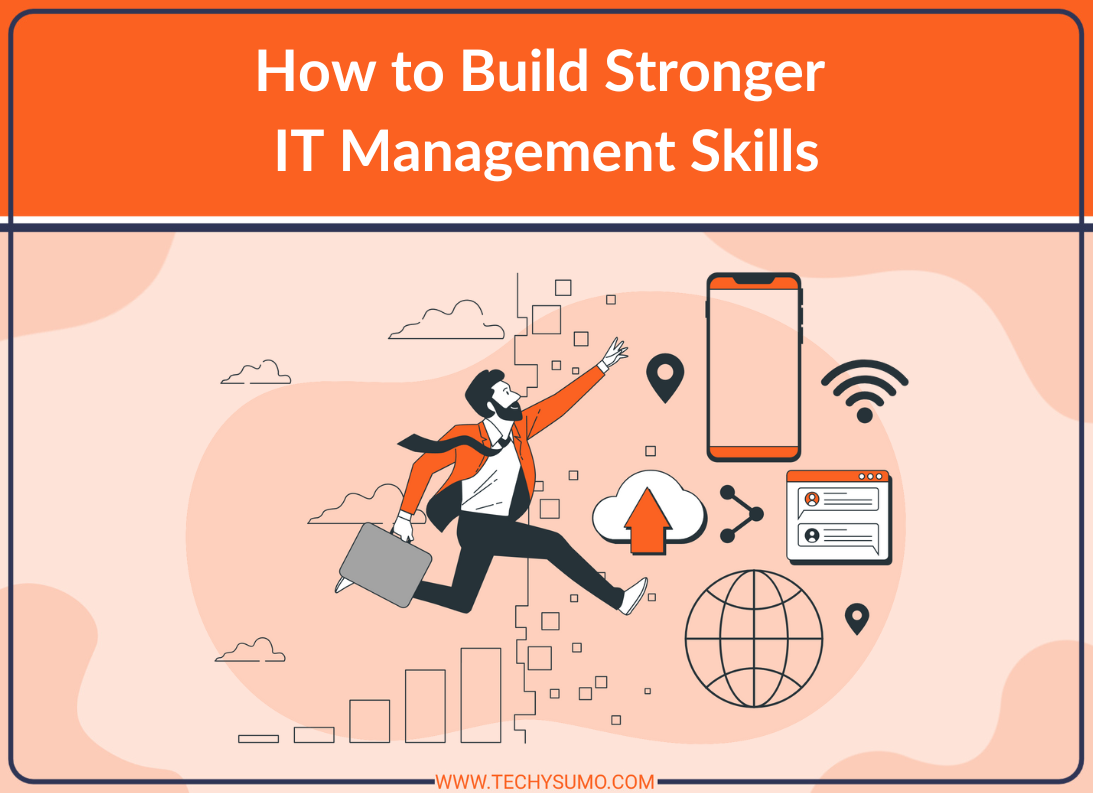Information technology managers assume significant responsibility. They are responsible for managing IT departments and overseeing teams while completing complex tasks. Men and women in this field often seek to develop stronger management skills. The following guide explains how to level up in tech.
Table of Contents
IT Management Skills
When discussing skills development in IT management, individuals must consider both technical and interpersonal skills. These individuals interview and hire IT team members and supervise their tasks. They oversee strategic projects designed to enhance the company’s IT infrastructure or current IT strategy. IT managers recommend hardware and software purchases, train employees to use various platforms, and troubleshoot issues with IT equipment. They may delegate these tasks to team members and oversee their work to ensure everything is done correctly.
Essential Skills for IT Managers
IT managers must be able to oversee teams efficiently. They need to inspire their workers and help them achieve company goals. When a team member needs assistance, the manager steps in to provide it.
Verbal and Written Communication Skills
The manager must have excellent verbal and written communication skills. They use these skills to direct their teams and share ideas. Excellent communication skills lead to a better workplace culture and more productive workers.
Must think Strategically
Individuals in IT management must think strategically and make well-informed decisions. They are responsible for planning projects, establishing budgets, and delegating tasks to ensure effective project management. They must make decisions that lead to high-quality work and productive employees.
Also Read
Negotiation Skills
IT managers need negotiation skills. They must work with others to reach agreements on IT purchases, company policies, and other matters. This skill is often gained through experience.
Stay up-to-date
IT managers must continually engage in educational opportunities to stay up-to-date on the latest technologies and advancements. The research skills they gain from participating in these opportunities enable them to find the most effective solutions for problems within their organizations.
Develop Budgets and Stick to Them
IT managers develop budgets and stick to them. They require strong financial management skills to make informed strategic decisions that benefit their departments.
Must Possess Strong Organizational Skills

Every person serving as an IT manager must possess strong organizational skills as they oversee various departments. They monitor their employees’ performance and pass out work assignments. They maintain a safe workspace to minimize the risk of accidents and bring in additional help as needed, often by promoting team members to fill open roles.
Handle These Conflicts
When many people come together, conflicts inevitably arise. IT managers handle these conflicts within their teams. They must speak with all parties involved to gain a better understanding of the issue so a solution can be developed that satisfies all parties. At times, the conflicts may involve IT systems rather than people. The IT manager also addresses these conflicts.
Developing stronger IT management skills is essential for leading tech teams effectively, and a big part of that is honing your overall leadership style. To further support your growth, take a look at our blog, “7 Tips for Managerial Success,” which shares practical advice for becoming a more confident and capable manager across any industry. Applying these proven strategies alongside IT-specific techniques will help you excel as a well-rounded leader.
Conclusion
Finally, IT managers must manage their time wisely to ensure deadlines are met and the schedule remains consistent. Their time is often divided between IT and managerial tasks, and managing their time ensures everything gets done. Efficiency is vital to effective time management, and IT managers frequently encourage workers to increase their productivity.
People are often strong in some areas and weak in others. Knowing one’s weaknesses is essential because it enables the individual to work on improving in these areas. Certifications and other educational opportunities benefit those seeking to enhance their skills, and many IT managers attend workshops and complete exercises to improve in places where they are weak. Those who continue to improve their skills find their careers advance faster thanks to their hard work and effort.






